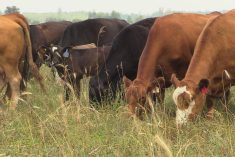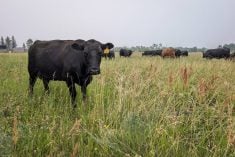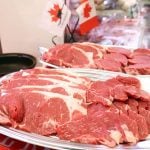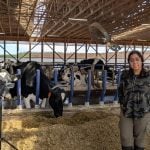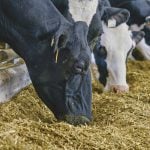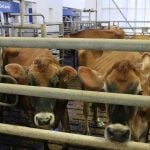A pro-deregulation think tank’s report on Quebec agriculture agrees with last year’s provincial commission on the sector’s future but sets blame directly on supply management and subsidies for a stagnating industry.
Drawing on figures from the 2008 report by Jean Pronovost’s Commission sur l’avenir de l’agriculture et de l’agroalimentaire quebecois, Fraser Institute senior policy analyst Jean-Francois Minardi says federal, provincial and municipal supports for agriculture have risen by 248 per cent in the last 25 years.
“Quebec’s agriculture system is very costly and the bill is rising,” Minardi wrote in a Fraser Institute report released Tuesday. “We could pump billions more dollars into the system and increase the budgets of current financial assistance programs, but this seems unwise and unfair to other Canadians.”
Read Also
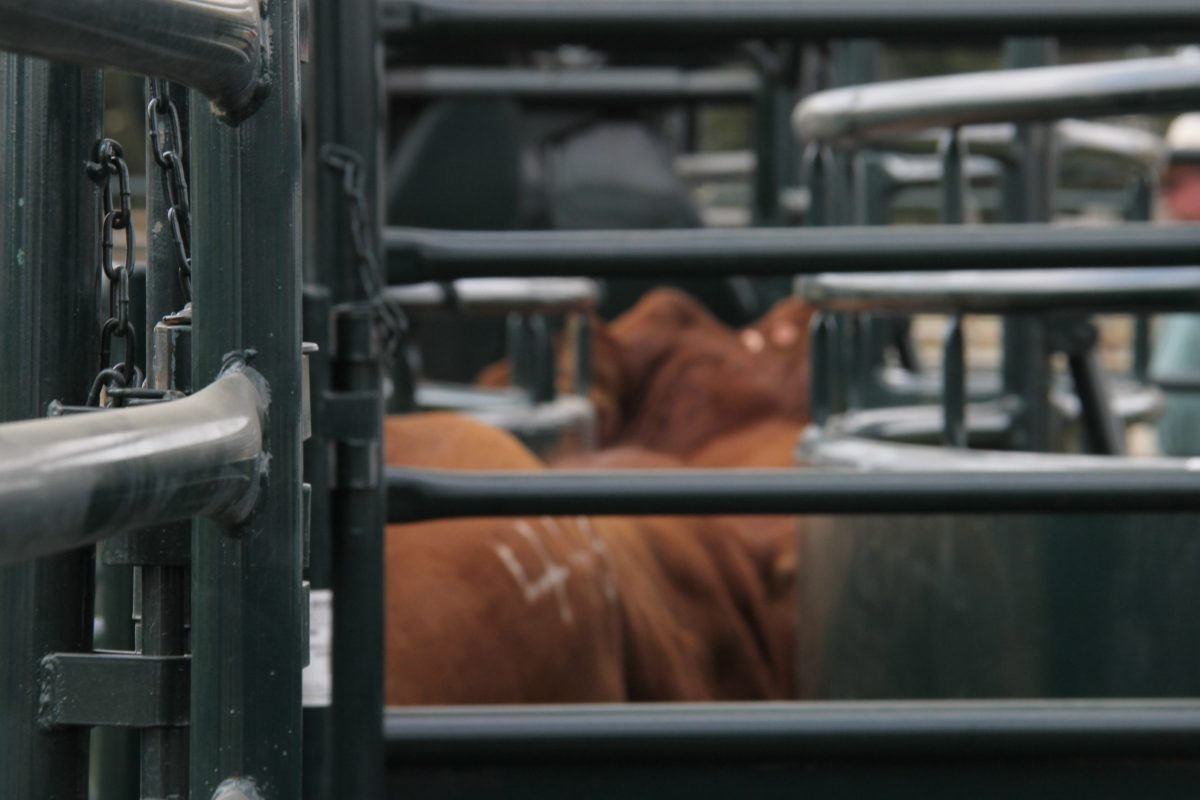
U.S. livestock: Feeders continue to fall; live cattle level out
Chicago live cattle futures leveled out to finish on either side of unchanged, Tuesday, after days of precipitous declines. Feeders…
Quebec’s ag sector needs to be reformed, he wrote, to free it from government supports and heavy debt, and also to deal with the possible effects if the World Trade Organization’s Doha round of trade talks is restarted and somehow reaches a trade liberalization deal.
Citing the sector’s policy problems, Minardi, like Pronovost, singles out the province’s Farm Income Stabilization Insurance (FISI) program, which compensates farmers when market prices fall below predetermined production costs.
The compensation system creates “absurd” situations such as rising pork production in Quebec amid a “crisis of overproduction” across North America’s pork sector. In 2008, Minardi said, FISI would provide $44.57 in compensation on top of the market price of $119.20 for an 85.4-kg hog.
Minardi also lays blame on the province’s reliance on supply management, with Quebec and Ontario alone sharing over 80 per cent of Canada’s dairy farms and 60 per cent of all poultry production. Quebec’s dairy sector alone makes up 80 per cent of the province’s ag sector revenues.
Where Pronovost said over 40 per cent of Quebec’s ag sector is regulated by supply management, Minardi notes that other sectors such as pork, apples, potatoes and maple syrup are subject to plans conjoints, or joint marketing plans that allow producers to collectively negotiate price.
As a result, Minardi wrote, consumer prices in Quebec for goods such as fluid milk are “well above the national average.”
Unsustainable
Looking at the province’s farm supports and supply management, he wrote, “it seems doubtful that this arrangement made in favour of a minority over the interests of the majority will be able to carry on for a long time.”
For one reason, Minardi wrote, Canada will have to choose between free trade and protectionism. Ottawa’s current negotiating position at world trade talks, supporting improved market access while protecting supply-managed sectors, is “ambiguous, to say the least.”
As well, the subsidy system is financially unsustainable and may become more so, as “disturbing signs” show farm profitability decreasing in the province, in some cases more than can be covered by subsidies.
Farmers’ dependence on government support, he wrote, explains why FISI, “the main income support program for farmers that is theoretically only an insurance plan, has paid out $5.5 billion during the past 10 years to compensate for production costs that were not covered by revenue.”
As well, La Financiere agricole du Quebec, the provincial farm financing agency that runs FISI and all other ag support programs, is running deficits that reached almost $890 million last April.
And overall farmer indebtedness continues to rise anyway, he noted, having jumped from 28.4 per cent in 2001 to 32.2 per cent in 2005. The supply-managed quota system makes it impossible for new farmers, buying quota at market value, to pay that escalating cost on top of operating expenses.
“Statutory cartel”
Any proposal to reform such a system will run into problems, he warned. “By granting a statutory cartel to a specific group, the government pits its citizens against each other unequally,” he wrote.
Producers loaded down with debt to buy quota will “vociferously” support the status quo, he said. The strongest argument to be made in favour of ending quota without a bailout is that farmers should have been aware of the risks when they bought it, have profited from owning it, and have also built the risk of any change in the policy regime into the quota price.
As well, Minardi notes, the “vested interests” created by supply management, and a riding distribution that favours rural areas, have led producers to wield considerable political influence in Quebec. “As a result, the provincial and federal governments persist in blocking in attempt to reform the system.”



